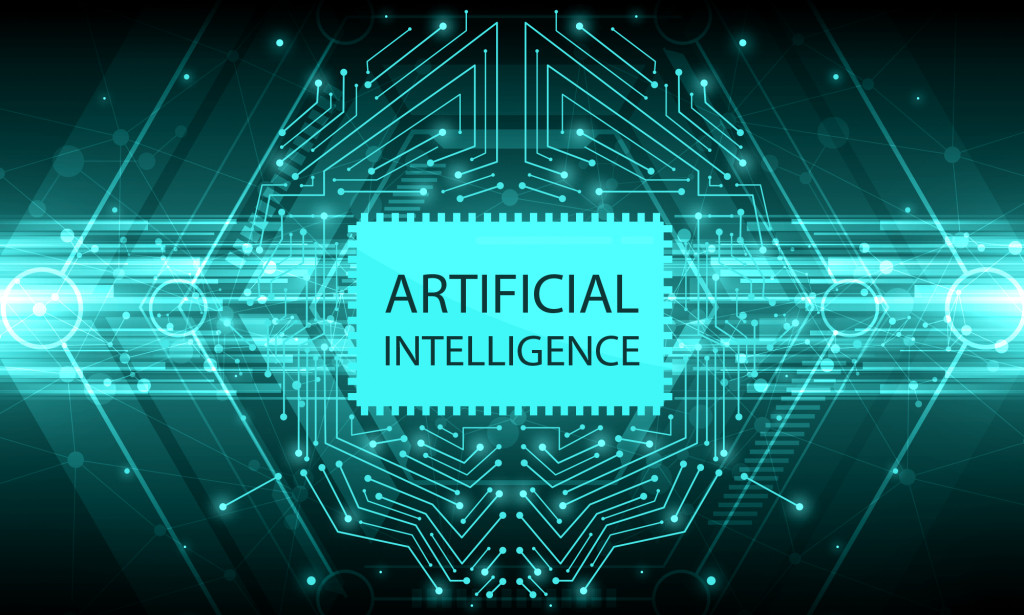The Evolution of Employment: How AI is Poised to Transform Various Professions
In the ever-evolving landscape of technology, artificial intelligence (AI) has been making significant strides, leading to discussions and debates about its potential impact on the workforce. Visionaries like Elon Musk have posited that the advancements in AI could reach a point where human labor becomes obsolete. Let's delve deeper into understanding which professions are likely to witness this transformation first and which ones are relatively secure.
Professions Under Immediate Threat:
- Slaughterers and Meat Packers: The food processing industry is witnessing a shift towards automation. Robots are now being employed to transport heavy animal carcasses, stack, and move boxes for delivery, and even perform precise cuts, which were traditionally done by butchers.
- Call Centre Operatives: Customer service roles are increasingly being automated. For instance, IKEA claims that 47% of customer calls are managed by an AI named Billie. This trend suggests a potential decline in the need for human call center operatives.
- Graphic Designers and Software Engineers: The demand for graphic designers and software engineers has seen a decline, partly attributed to AI tools like ChatGPT, which can perform tasks such as content creation and web design.
- Copy Editors: Generative AI models are capable of creating content at a pace that significantly outstrips human capabilities, leading to concerns about the future of copywriting professions.
- Cleaners and Security Guards: Robots designed for security and cleaning tasks are in development, indicating a potential shift in these job sectors.
Roles That Could be Affected in the Next Decade:
- Builders: The construction industry is exploring automation, with robots and 3D printing technologies being used for tasks such as bricklaying and cement mixing.
- Journalists: The rise of chatbots capable of content creation has led to predictions that journalists may face increased competition, potentially driving down wages.
- Waiters and Waitresses: Restaurants are experimenting with robots for serving tasks, suggesting a possible transformation in the hospitality sector.
- Hairdressers: Innovations like AI salons suggest that even personal care professions could see changes in the coming decade.
Professions with Relative Security:
- Nurses and Doctors: The healthcare sector requires a deep understanding of human emotions and interpersonal relationships, making it less susceptible to automation.
- Teachers: The role of teachers in fostering relationships and facilitating interactive learning is complex and nuanced, making it less likely to be fully automated.
- Fashion Designers and Architects: Professions that demand a high level of creativity, such as fashion design and architecture, are expected to remain secure as they often require out-of-the-box thinking.
In Conclusion: The integration of AI into various sectors is indicative of a transformative shift in the employment landscape. While tasks requiring precision and repetition are more susceptible to automation, roles that demand creativity, critical thinking, and emotional intelligence are likely to remain in human hands for the foreseeable future. As we navigate this transition, it is imperative to stay informed and adaptive to the changes that AI will bring to the professional world.


You must be logged in to post a comment.